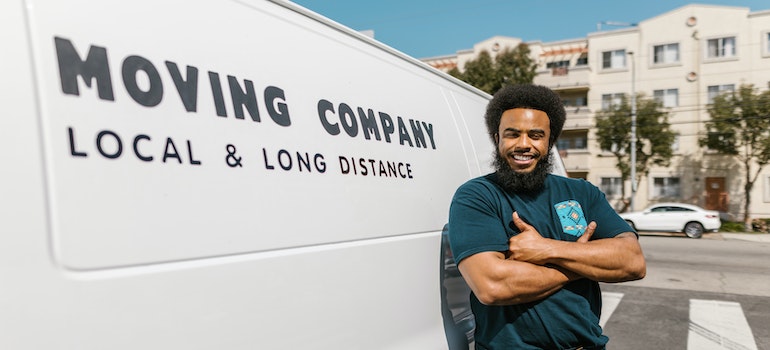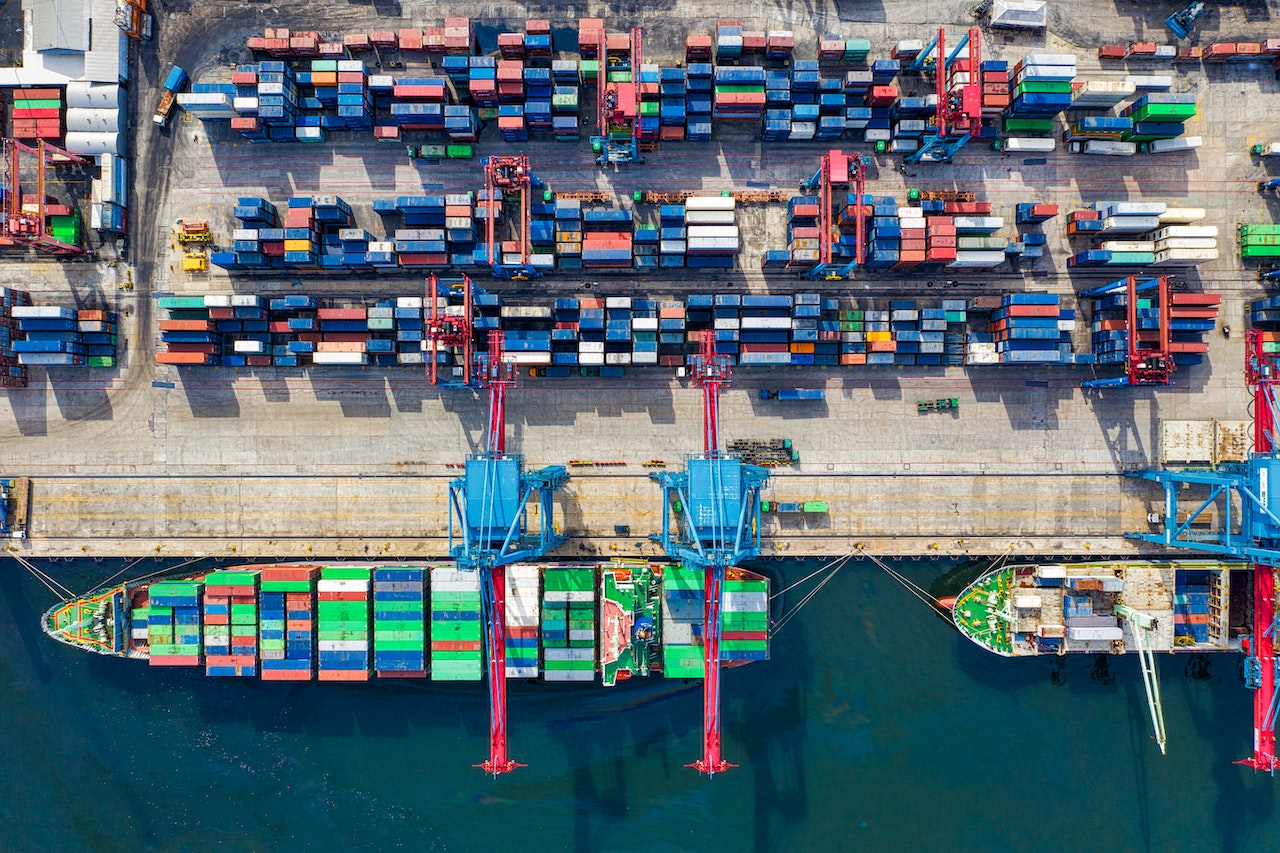When it comes to the transportation of goods, two crucial players come into play: long distance movers and freight forwarders. Although they share a common objective of moving goods, they operate in different contexts and serve distinct purposes. Understanding the difference between a long distance mover and a freight forwarder is essential for individuals and businesses seeking the appropriate logistics services for their specific needs. In this article, Verified Movers will discuss the difference between a long distance mover and a freight forwarder, shedding light on their roles, services, and areas of expertise.
The main differences setting long distance movers apart from freight forwarders
When it comes to relocating your belongings over long distances, long distance movers are your go-to experts. With a wealth of experience and specialized services, they cater to both residential and commercial clients. Depending on the state, there may be different availability of each service. For example, in cities like Oxnard, or other cities in California you can find both long distance moving companies Oxnard CA and freight forwarders. In some, your options may be limited. By offering comprehensive solutions that encompass everything from packing to transportation, long distance movers ensure a seamless and stress-free moving experience.

Choosing the right long distance mover
To select the ideal long distance mover for your needs, consider factors such as their experience, range of services, and pricing. Seasoned movers with a track record of successful moves instill confidence and trust. Look for companies that offer a full-service package, including packing materials, loading and unloading assistance, and transportation logistics. Additionally, obtaining quotes and comparing pricing structures will help you find a mover that fits your budget without compromising on quality.
Understanding the role of freight forwarders
Freight forwarders play a critical role in managing the logistics and transportation of goods, both domestically and internationally. Their expertise lies in coordinating and arranging shipments on behalf of shippers. From selecting the appropriate transportation mode to navigating customs procedures, freight forwarders ensure the efficient movement of goods.
Choosing the right freight forwarder
When selecting a freight forwarder, consider their shipping options, customs clearance proficiency, and insurance coverage. A reliable freight forwarder offers a variety of transportation modes to accommodate your specific needs, whether it’s air, sea, road, or rail. Of course, this depends on the exact city you live in. For example, in Alpharetta, GA you have near access to all modes of transportation making your choice between long distance moving companies Alpharetta GA and freight forwarders harder. Their understanding of customs regulations and ability to handle documentation and clearance processes smoothly is essential. Moreover, verifying their insurance coverage ensures that your goods are protected in case of unforeseen circumstances during transit.
Understanding liability and insurance coverage
These two types of service providers offer different levels of coverage to protect your belongings during the moving process. Long distance movers typically provide liability coverage, which can be based on either weight or value. This coverage ensures that you receive compensation in case of loss or damage to your items while they are being transported. It’s important to carefully review the terms and conditions of this coverage to understand the extent of protection provided.

On the other hand, freight forwarders, who specialize in managing the logistics of transporting goods, may have a different approach. While they may assist with coordinating the shipment of your belongings, they often recommend obtaining separate cargo insurance to ensure comprehensive coverage. This additional insurance provides an extra layer of protection for your goods while they are in transit.
Proper licensing is crucial in assuring your rights as a consumer are protected
When selecting a long distance mover or freight forwarder, it’s essential to consider their licenses and certifications. There is some difference between a long distance mover and a freight forwarder when it comes to licensing. For freight forwarders, they should possess the necessary licenses such as the Federal Maritime Commission (FMC) license for ocean freight or the International Air Transport Association (IATA) license for air freight. These licenses indicate that the freight forwarder has met specific industry standards and regulations.
Similarly, long distance movers should have the appropriate licenses and certifications, which may vary depending on the jurisdiction. For example, in the United States, interstate movers should be registered with the Federal Motor Carrier Safety Administration (FMCSA) and have a valid USDOT number. These licenses ensure that the movers comply with safety regulations and maintain the necessary insurance coverage.
Comparing modes of transportation
Both long distance movers and freight forwarders utilize various modes of transportation to move goods. Each mode has its advantages and considerations. Assess factors such as cost, speed, and convenience when choosing between air, sea, road, or rail transportation. For time-sensitive shipments, air transport may be the fastest option, albeit more expensive. Of course, air transport might be only available in cities and towns like Bolingbrook where there are airports. In those cases, you do have the option to choose between long distance movers Bolingbrook and freight forwarders. Sea freight offers cost-effectiveness for bulk or oversized cargo. Road transport offers flexibility for local or regional moves, while rail transport can be advantageous for long-distance shipments.
Keeping you in the loop: Communication channels and responsiveness
Efficient communication and reliable tracking systems are crucial aspects when choosing a moving company. Long distance movers and freight forwarders offer different approaches to communication and tracking, ensuring you stay connected and well-informed throughout the transportation process.

Long distance movers prioritize effective communication by offering multiple channels such as phone, email, and even online portals. They strive to promptly address your queries, provide updates on the progress of your move, and offer support whenever you need it. On the other hand, freight forwarders offer shipment tracking services to provide real-time updates on the status of your goods. They utilize online tracking portals where you can access information about your shipment’s location, intermediate stops, and expected delivery time. Additionally, automated email or SMS notifications can keep you informed of any departures, checkpoints, or delays.
Understanding the difference between a long distance mover and a freight forwarder is key to making the right choice
In conclusion, understanding the difference between long distance movers and freight forwarders is crucial for selecting the most suitable logistics service provider for your specific needs. Long distance movers specialize in seamless relocations, offering comprehensive services, expertise, and personalized attention. On the other hand, freight forwarders excel in managing the logistics and transportation of goods, both domestically and internationally, ensuring efficient movement and customs compliance. By considering factors such as experience, services, pricing, shipping options, packaging, liability, insurance coverage, communication, and tracking, you can make an informed decision.



